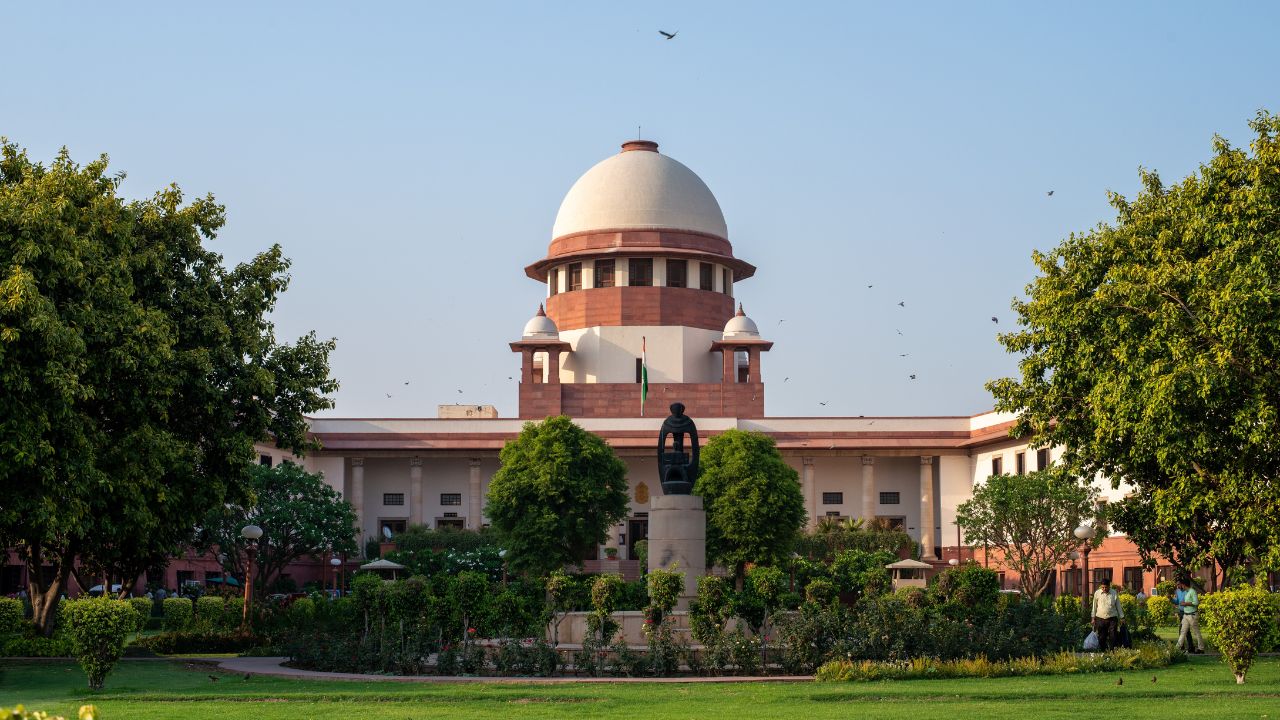

With regard to directions in the matter of Demolition of Structures versus Others, the Supreme Court has on November 13, come down as a truckload of bricks on what has come to be known as ‘bulldozer justice’. The Supreme Court has yet again invoked its extraordinary powers under Article 142 of the Constitution to do complete justice and with reference to the extant practice of bulldozer justice issued a slew of guidelines against mowing down of so-called illegal properties by State authorities as a punitive action against persons accused/convicted in crimes.
The Court observed that even after orders of demolition are passed, the affected party needs to be given some time so as to challenge the order of demolition before an appropriate forum. We are further of the view that even in cases of persons who do not wish to contest the demolition order, sufficient time needs to be given to them to vacate and arrange their affairs as “it is not a happy sight to see women, children and aged persons dragged to the streets overnight. Heavens would not fall on the authorities if they hold their hands for some period”.
The guidelines among other things prescribes a 15-day notice through registered post, notification of the district collector about such notice to preempt backdating of notice and putting the fear of God on officials participating in the arbitrary use of demolition power by making them personally liable. The Court however clarified that these directions/guidelines will not be applicable if there is an unauthorised structure in any public place such as road, street, footpath, abutting railway line or any river body or water bodies and also to cases where there is an order for demolition made by a Court of law.
Case 2: Jhampa is deceptively similar to Campa
The Bombay High Court in Reliance Retail Ltd versus Md. Sirajuddin and Beauty Bibi matter, recently, was pleased to issue a temporary injunction against trademark and copyright infringement of ‘CAMPA’ beverages, owned by Reliance Retail Ltd. The mark ‘CAMPA was adopted by Campa Beverages Private Ltd in 1972.
Reliance stated that Campa Beverages assigned the ‘CAMPA’ trademark and its copyrighted and artistic works to it in August 2022 through a Deed of Assignment. Reliance averred it and relaunched the CAMPA brand and spent a lot of money for its promotions. It submitted that it spent ₹35 crore in the financial year 2023 for promotional and advertising activities of Campa products.
The Court noted and agreed that the JHAMPA mark is deceptively similar to Reliance’s CAMPA trademark in visuals, phonetics and structure. It observed that defendant’s dishonesty was evident from the fact that it filed a trademark application for JHAMPA only after receiving a cease-and-desist notice from Reliance. While it is wrong to second guess the ultimate outcome of the case in regular hearings, prima facie it appears it is an open and shut case with odds stacked against the impostor.
Case 3: Outgoing partner’s profit claim extends until successor uses her funds, not just until firm dissolution
In M/s Crystal Transport Private Ltd. versus V.A. Fathima Fareedunisa & Others, the Supreme Court made it clear that an outgoing partner’s interests would only be safeguarded if she is entitled to her share of the profits until the date of the refund of her funds by the successor company, and not merely until the dissolution of the firm.
The successor company included the previous partners, among others, but the defendant, Fathima, was not made a shareholder. This exclusion effectively deprived her of any entitlement to the company’s profits, to her detriment. It appeared to be a carefully orchestrated scheme. The judgment is significant because it establishes that an outgoing partner’s funds cannot be transferred to the successor company without proper compensation, including a share of the profits earned by the successor.
—The author, S Murlidharan, is a Chartered Accountant and a legal expert, who comments and interprets important court rulings and judgements. The views expressed are his own and personal.
Read the previous Legal Digest columns here
(Edited by : Unnikrishnan)
First Published: Dec 5, 2024 9:38 AM IST



